Audiobook Narrators fear losing their voices to Apple’s AI
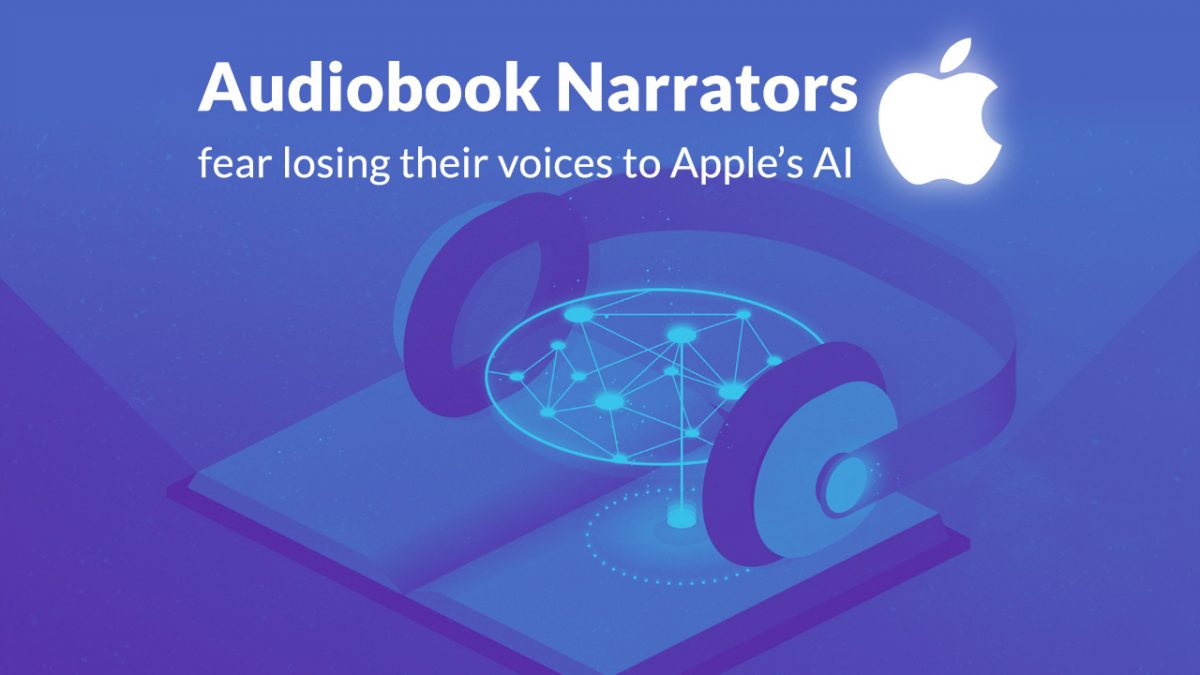
Apple’s recent release of its AI-narrated audiobooks has sparked significant controversy within the audiobook narration industry. The main concern is that AI is due to replace human narrators. While this isn’t really something that should worry people, the community is genuinely terrified of ‘losing its voice.’
I don’t mean to invalidate the audiobook narrator community’s fears, but I’d like to start this article off by dispelling why we shouldn’t worry about AI taking over this particular industry. There are a few key reasons I’d like to focus on. Once we’ve dealt with the massive elephant in the room with the robotic voice, we’ll discuss the industry further.
Why AI won’t take over audiobooks
To be quite frank, the technology simply isn’t there yet. I remarked in my previous article that AppleBooks’ AI narration is compelling to listen to. But, we forget about marketing. Of course, the sample sent out as marketing material is going to be near-perfect. The AI voice did a brilliant job of conveying the piece, but the piece itself wasn’t terribly dramatic. It had no need for emphasis, comedy, significant tension, or anger. Therefore, the AI narrator didn’t have to stretch its vocal cords, so to speak. If we take an excerpt from Douglas Adams’ The Restaurant at the End of the Universe:
‘The story so far: In the beginning, the universe was created. This has made a lot of people very angry and been widely regarded as a bad move.’
There’s a certain sarcastic quality to this line, and it requires a particular amount of vocal play to convey within the confines of an audiobook. Had the AI been given this piece, or anything similarly complex, to read, it would have been immediately noticeable that it cannot change its voice to suit the tone of the story. Don’t get me wrong, the bot has excellent emotion and intonation, but it is exclusively suited for pieces that lack significant drama.
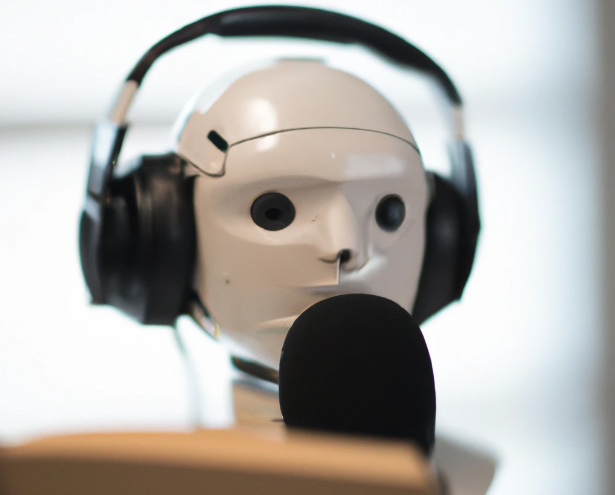
Why the industry is worried it will
There are a few valid concerns here that make quite a bit of sense. The community is scared, as I was when I first discovered ChatGPT. In the Interim, I’ve determined that ChatGPT cannot write like I do and it therefore poses little threat to the industry.
However, Apple is actively approaching voice artists, particularly large names within the audiobook industry, upon which to train its AI. In fact, some of the voices bear a remarkable resemblance to a few relatively big names in the business already. This is a fact that is not lost on others within the community itself. Most notably, Edoardo Ballerini, when he spoke to a journalist at Slate recently. Ballerini stated that he had not yet been approached by Apple for an AI copy of his voice, but ‘I know other people who have, and some have refused. Others, it sounds like, did not.’
The fear is that narrators will accept Apple’s proposition, should it arrive, and effectively sign their voices away for Apple’s AI. This would be a considerable concern, if the utility was flawless. But, as we stated above, it is far from imperfectly human.
Why AI is good for the audiobook industry
This is an aspect we discussed in a previous article, but I thought it pertinent to mention again. Audiobook narrators are not as plentiful as you might believe, and neither are the books that they narrate. Unfortunately, more books get swept under the rug or fall through the cracks because they don’t grab the attention of a narrator. The other issue is the cost. Human narrators need many hours, professional studios or comparable home setups, and expensive equipment to work their magic. AI does not.
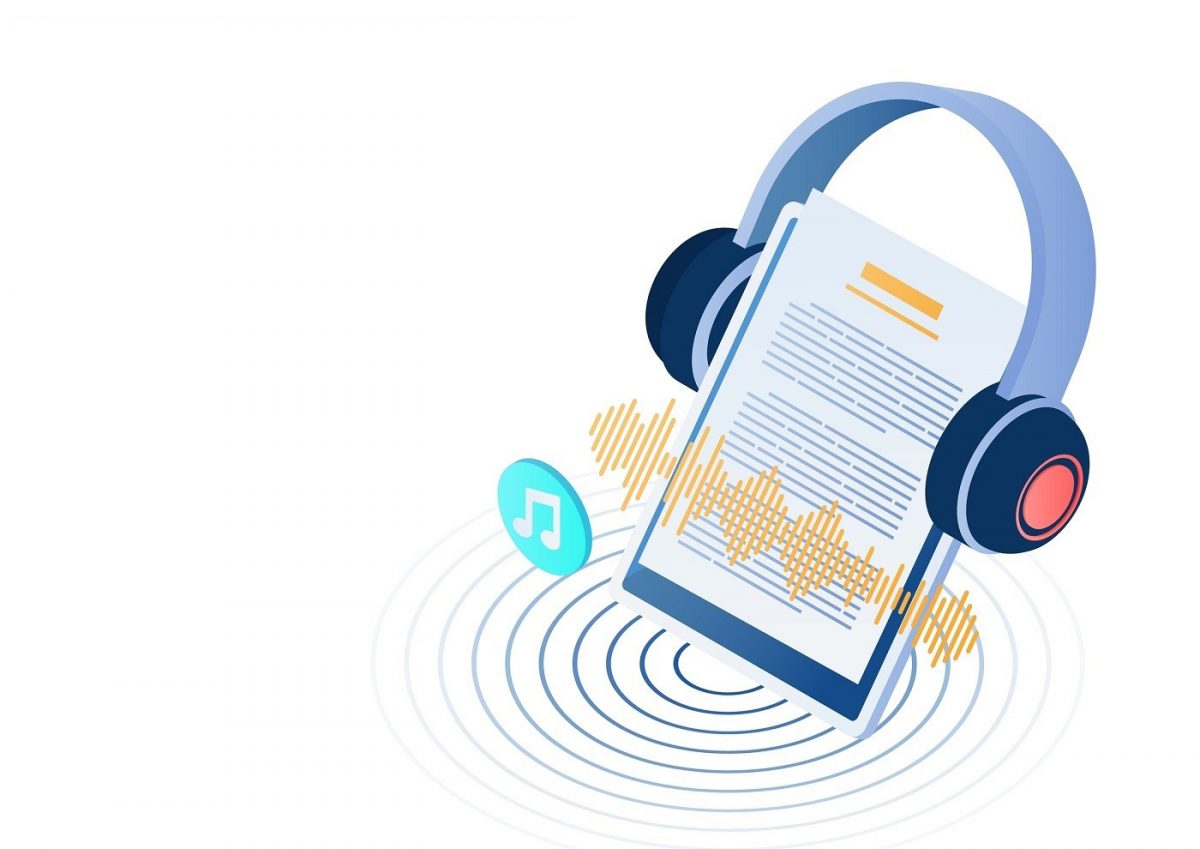
The fact that AppleBooks now provides this service means that people who listen to books instead of reading them will still have the opportunities that we avid readers have. You know the opportunity of which I speak; that moment when you’re walking through an old library and you find a nook that no one seems to care about, but it contains the most extraordinary books. This is what AppleBooks is doing. And, it’s an aspect that Ballerini recognizes too. ‘But there is a reasonable argument that it can serve a purpose, with backlist titles and nonfiction that nobody was going to put into audio anyway. Here is a tool that can make it accessible for people.’
AI isn’t as advanced as companies make it seem. These are systems designed for niche markets with few uses outside of those markets. Yes, some AI is far more advanced than others, but none are as advanced as the human brain, spirit, or musculoskeletal system. Not yet, at least.
Advertisement


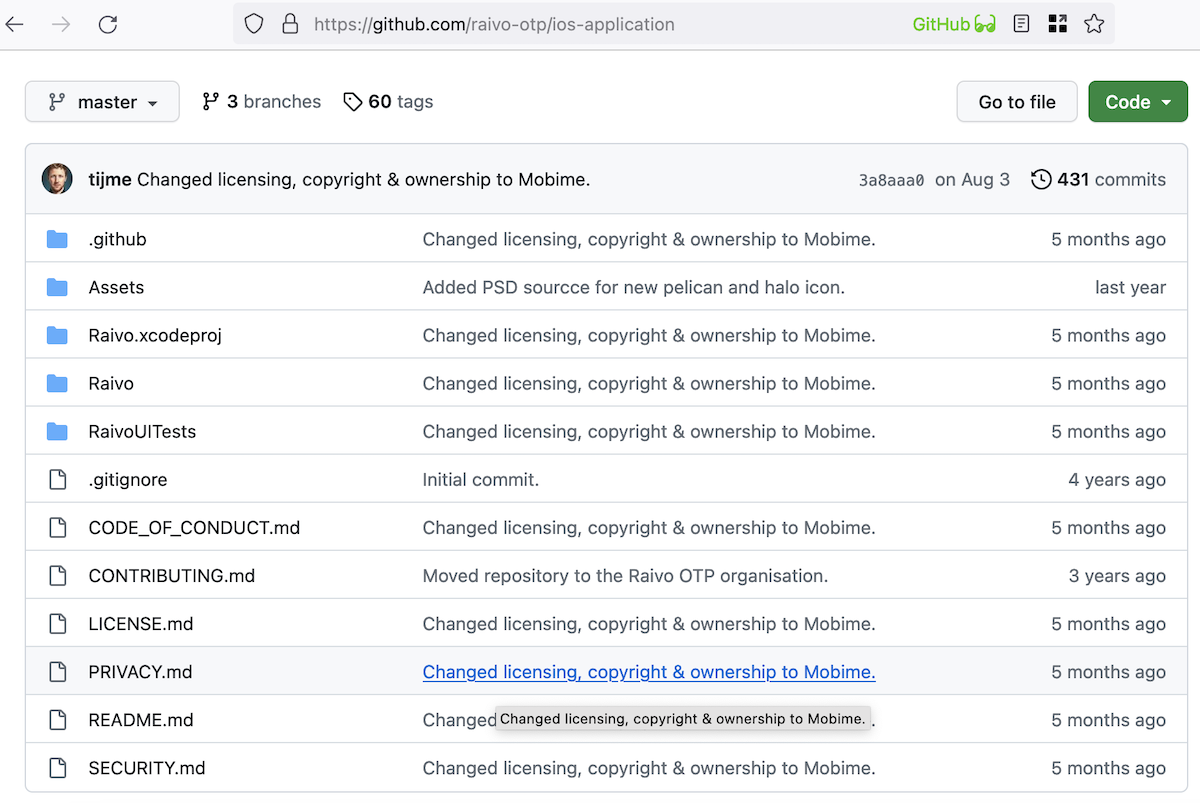






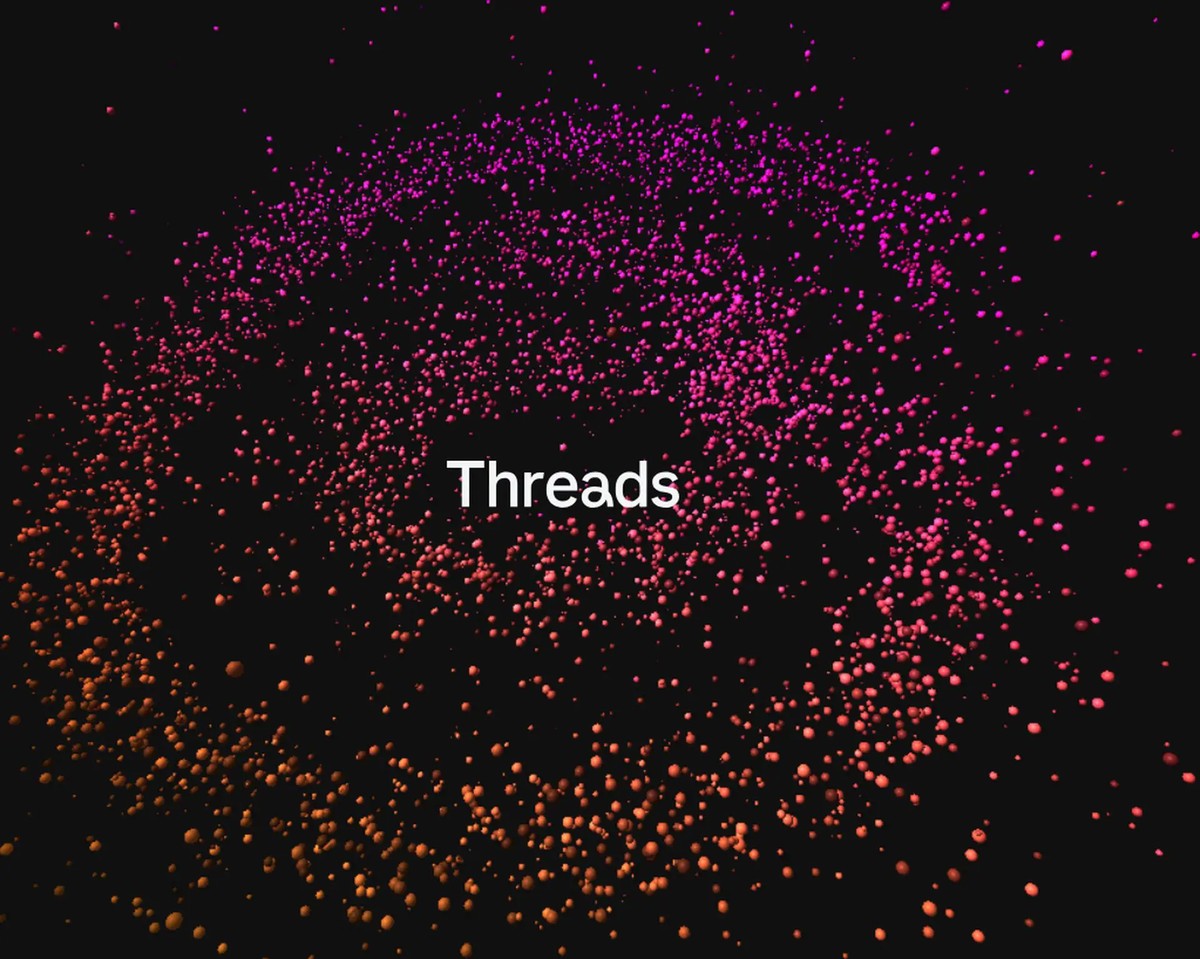










I always appreciate unintended humour.
As to the rest, well, I’m probably not the best judge, since I use TTS all day, every day, and my preference is for classical rules-based formant TTS engines. Maybe my expectations aren’t very high, or maybe it’s just a scandal that TTS researchers keep prioritising the wrong things in TTS. AI isn’t good not because it’s not emotional enough, but because it’s too emotional; emphasis is put where it doesn’t belong, rendering informational content harder to consume, whereas it lacks the credibility for actual narrative performances that require human skill to correctly articulate vocally. So yeah. If it helps more people “read” with their ears, great. It probably will do that. But, really, I’d rather TTS were geared for speed and accuracy.